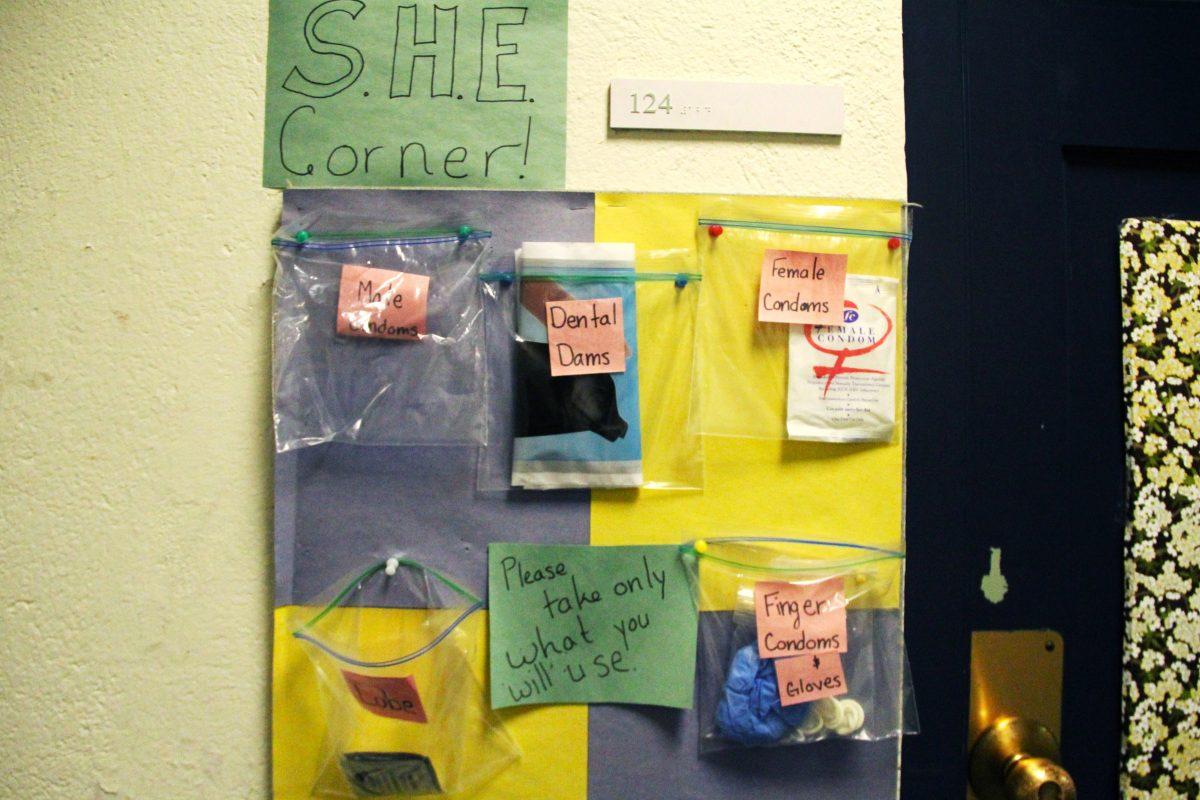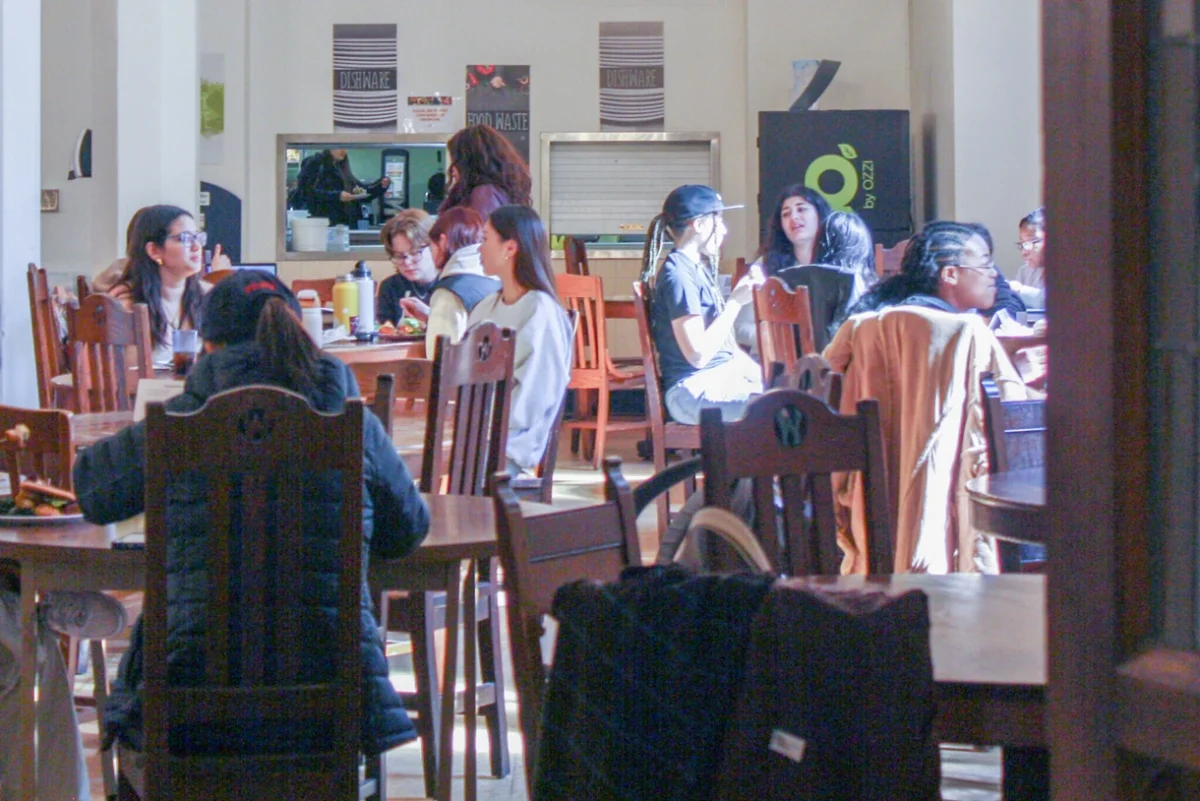The new semester always starts with a flurry of emails and flyers of new movements on campus, and this semester, one of those new movements is the Wellesley chapter of NARAL Pro-Choice Massachusetts (NARAL PCM). The group came to campus after Francesca Korte ’18 was inspired by her first-year writing course and started an internship with NARAL PCM’s campus network to begin a group with the goal of reforming reproductive health care on campus.
“I decided to write about abortion statutes at the education level and their adverse effects on teenagers. It was something I could feel myself becoming really passionate about,” Korte said. “I’ve always been pro-choice. I’ve always felt that a woman should make decisions about her body. In high school my nickname was ‘Feminist Fran.’”
Through her research, Korte found out about NARAL Pro-Choice Massachusetts, a grassroots organization that mobilizes voters to support legislation and parties that fight for a range of reproductive rights for women. Wellesley is the fifth chapter in the Massachusetts campus network, following Brandeis, Simmons, Clark and Worcester State University. Over Wintersession, Korte contacted Hailey Magee, the campus network coordinator, and began progress toward bringing the organization to Wellesley College.
The NARAL campus network is promoting the Reproductive Bill of Rights and hoping to spread it through a college-by-college approach. This “Bill of Rights” would ensure that campuses provide comprehensive reproductive health care for students. It also promotes the freedom to access information about sexual and reproductive health care.
Even without the NARAL PCM present on campus, Wellesley has a plan for sexual and reproductive health care and education. Bridget Dunn ’15, president of the Sexual Health Educators (SHEs) on campus, provided insight into how Wellesley’s Health Services handles sexual and reproductive health issues.
The SHEs are trained by Health Services in reproductive as well as sexual health education, although they do not focus their events on these topics. Should a student approach the SHEs or health services with questions about how to handle a pregnancy, they can outline options that range from referrals to prenatal care specialists to information about abortion clinics. Health Services can and will help with how to handle insurance as well.
“Our mission as a group is to provide accurate and unbiased health education about sexual health, and that does overlap with reproductive justice and abortion access and access to healthcare,” Dunn said.
If there is one aspect of reproductive and sexual health care on campus that Dunn wishes could be improved upon, it is the right to greater confidentiality, especially on health insurance bills.
“Because many of us are young, we’re dependent, and they [students] are afraid that STD testing, birth control prescriptions, and abortion would go on there. So a lot of them aren’t getting the care they need because they don’t want to pay for it out of pocket. But there are a lot of opportunities for progress to be made in the realm of students accessing the health care that they need,” she explained.
Demands for a more comprehensive reproductive health plan also include student requests for free birth control, which also would not be shown on health insurance forms.
The Reproductive Bill of Rights also includes a request for maternity and newborn care.
“I’ve heard rumors that when a woman at Wellesley College becomes pregnant she ends up taking a leave of absence from the college. It might be that the college has determined it has no need for maternity care,” Korte said.
Korte feels confident about how she plans to impact the campus. She will start by gaining support from students and then approach the administration. She is also just beginning to contact other organizations that may provide support and strength to her message. In anticipation of opposition, the NARAL campus network has armed her with training for how to handle conflicts.
Korte has about 14 people who have officially expressed interest in supporting her cause.
“I think if a college is going to support this, Wellesley would be the one,” Holly Raiborn ’18 said upon reading the flyer about the Reproductive Bill of Rights.
“This is an issue I’m very passionate about on a grand scale and at Wellesley College. I think that if you have a group of people that are really passionate even though it is small, you can still do a lot with it, so I’m really excited,” Korte stated.
Photo by Bianca Pichamuthu ’16, Photography Editor






JJ | Feb 11, 2015 at 6:02 pm
Re: the picture up top – is it really a great idea to mount condoms on the wall with push pins? I get that they’re going through a baggy, but one jerk is all it would take to seriously ruin someone’s semester.